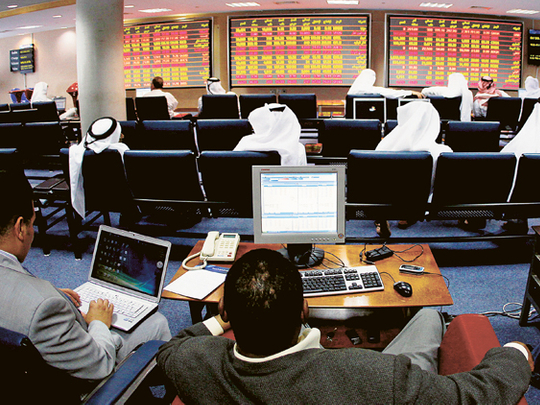
Dubai: Royal Bank of Scotland Group (RBS) expects to bring to the market up to four initial public offerings and at least seven debt issues in the Middle East where close to $80 billion (Dh293.7 billion) of debt is maturing in the next two years, senior bank officials said on Tuesday.
"We expect two to four IPOs in the region this year, mainly in Qatar and the UAE," Tom Emmet, RBS head of equity capital markets and mergers and acquisitions for the Middle East and Africa, said at a media roundtable in Dubai.
"My expectation is that if they come to the market this year, that's more likely in the second half. The IPO size is between $200 million and $400 million per issue," Emmet said, adding that some of these listings could take place in London.
Global strategy
RBS, the 84 per cent UK government-owned lender, last year sold its retail banking operations in the UAE to Abu Dhabi Commercial Bank as part of a revised global strategy drawn up in the aftermath of the international financial crisis.
The bank carried out capital market deals last year worth in excess of $10 billion, Simon Penney, RBS's chief executive officer for the Middle East and Africa, said.
"We see $80 billion of debt maturing in the next two years in the GCC plus Egypt. That is in 2011 and 2012," Penney said. "Out of the total $80 billion, $25 billion has already been refinanced, $9 billion was restructured for DW and $30 billion is for companies with strong ratings."
The last $15 billion is outside RBS's scope but will be taken care of, he added.
Against emerging political uncertainties, global investors have remained quite comfortable with the region, RBS executives said.
"While last year was a flight to quality, this year is more about stability," said Jacco Keijzer, RBS's head of debt capital markets.
Oil prices rose above $104 a barrel yesterday as traders continued to focus on a series of international crises that will drive world supply and demand this year.












